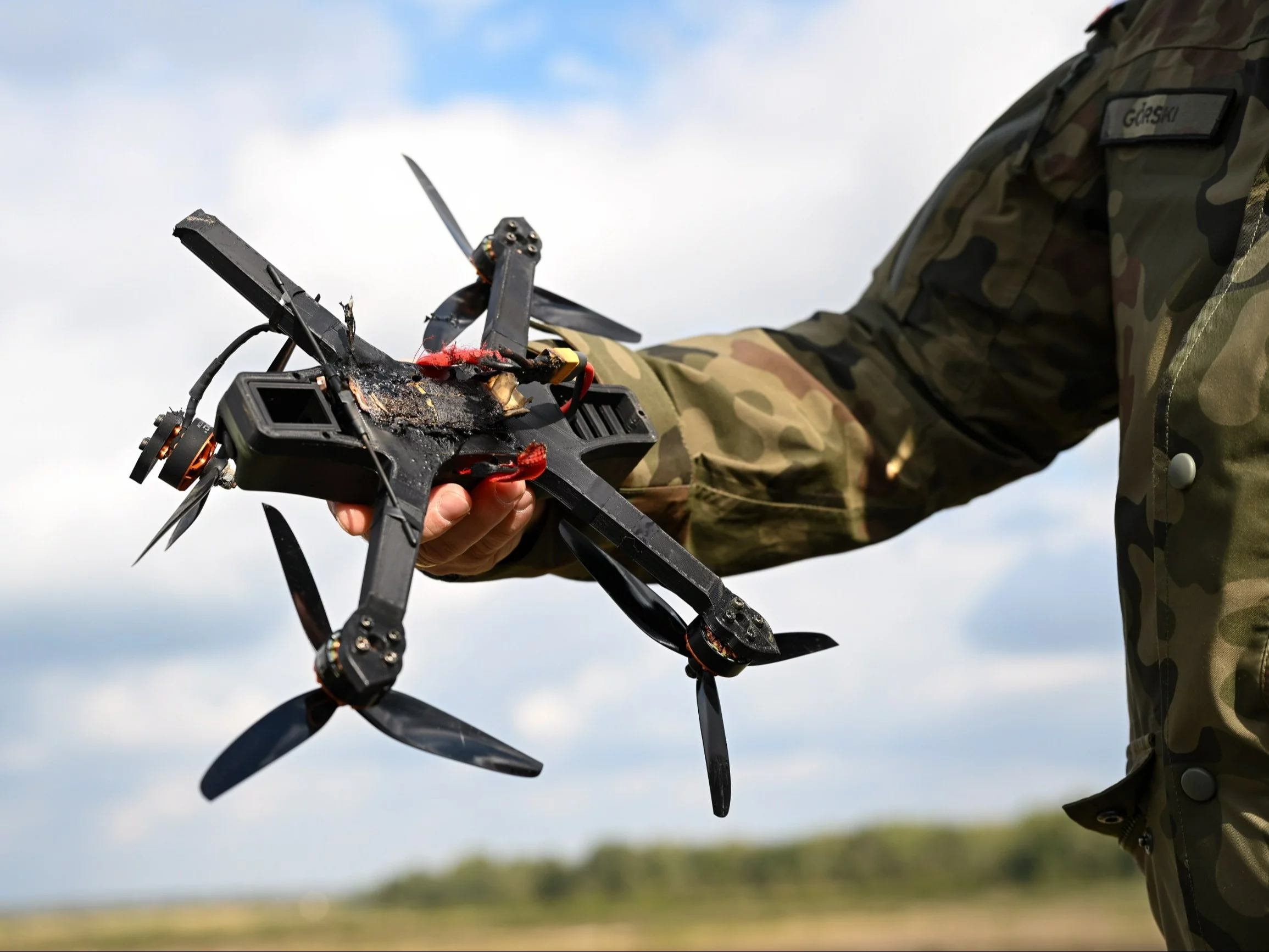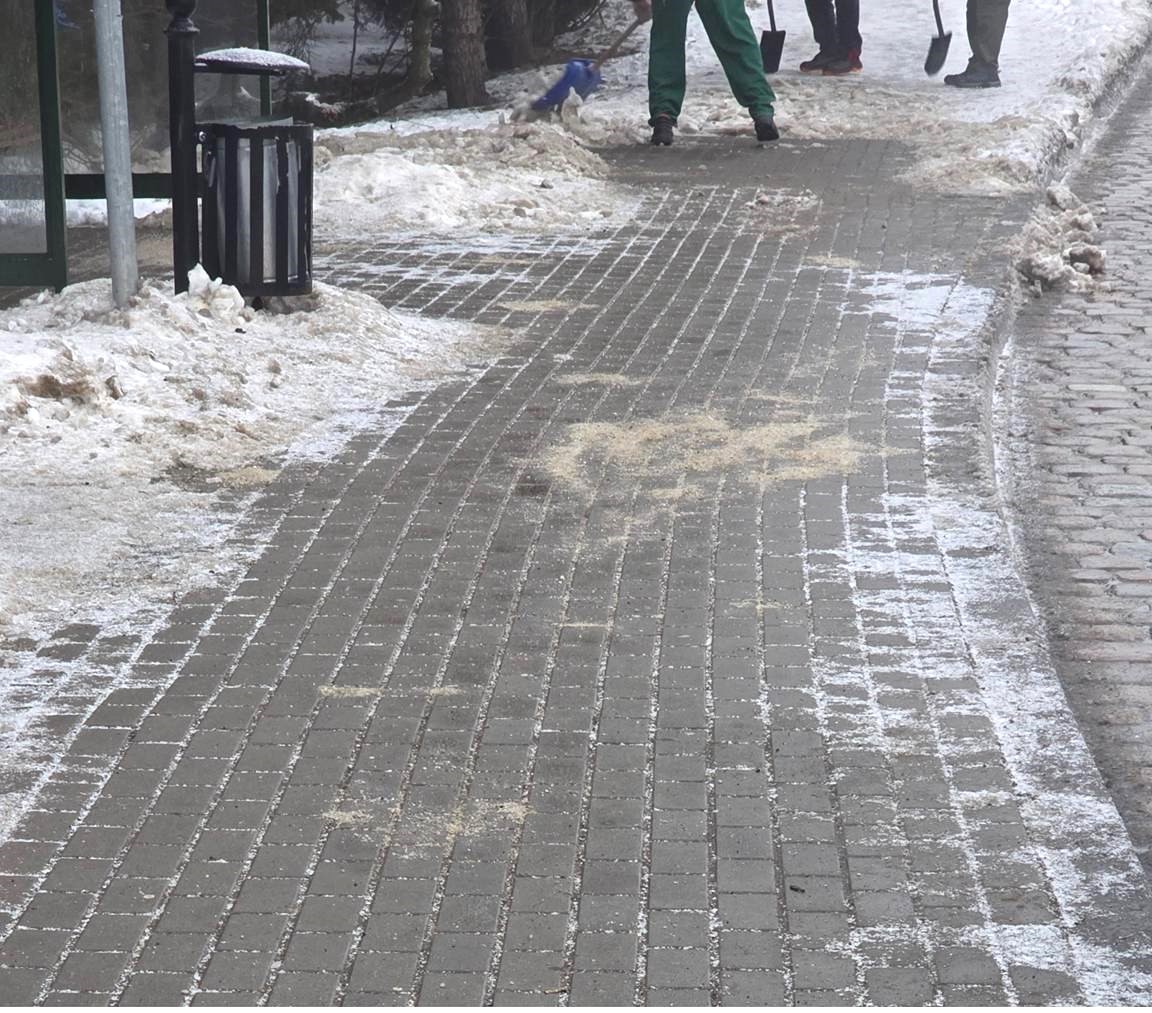
Stopping for traffic control, street clearance or intervention on another substance – in each of these situations there may be a question that freezes blood in the veins: ‘Can I see your phone?’. Smartphone is not just a communication tool today. This is simply a digital fortress where we keep our full lives: private conversations, photos, notes, bank data and location history. We instinctively feel that handing him over to a alien is simply a violation of our privacy. But what are the actual police powers in this regard? Do we have a work to unlock the device at the request of an officer? What kind of rules do you make? Lawyer explainsthat the border between the rights of the service and the rights of the citizen is very thin on this issue, and that her cognition can defend us from serious consequences.
General rule: The telephone is your private legal fortress
It should be clear from the outset: A police officer can't just, out of curiosity, look at the contents of your telephone during regular intervention. Your smartphone is protected by 1 of the fundamental constitutional principles – the secret of communication, as defined in Article 49 of the Constitution of the Republic of Poland. It includes not only the content of the calls, but all the data stored in the device.
The police officer is not allowed to request access to your SMS, photograph gallery or call list in the same way as he has the right to check the contents of the trunk. Treating these 2 situations equally is simply a fundamental mistake. The telephone is simply a repository of individual data, and its search is simply a process activity with a much higher species weight than regular control activities.
When can the police legally occupy and search the phone?
Although the general regulation protects our privacy, there are clearly defined situations in which police have the right not only to occupy our phone, but besides to examine its contents. These exceptions regulate Code of Criminal Procedure (NCP).
The police officer can do the so-called. keeping things, that is physically take distant your telephone if there is reasonable suspicion that this device may constitute evidence in a criminal case. There are 2 key elements:
- Reasoned suspicion: This can't be an officer's hunch or whim. It must have circumstantial reasons to believe that your telephone contains evidence of a criminal offence (e.g. a crime weapon, photographs from the scene, records of conversations regarding a planned criminal offence).
- Nature of the case: It must be offence, not a misdemeanor. Stopping a telephone for speeding is mostly not an option.
If a police officer decides to halt the phone, he has obligation to draw up on site a detailed evidence of the detention of goods. It must describe the device (brand, model, IMEI number, visible damage) and give the exact reason for stopping. Always request a copy of this protocol! This is your only proof of what was taken from you and in what condition.
"Please unlock your phone". Is that my duty?
This is the most crucial question and the lawyer's answer is clear: Nope. You have no work to unlock your telephone at the request of a police officer.
This is due to the fundamental rule of the right of defence, which says that no 1 is obliged to supply evidence of their disadvantage. This applies to both the suspect, the accused and the witness. Giving a PIN code, unlocking pattern, or touching a finger to a fingerprint reader is an act that provides evidence. The law does not impose on us the work to cooperate with law enforcement authorities in an area which could incriminate us.
What happens if you refuse? A police officer can't force you to do that. The call, as evidence in the case, will be handed over to the prosecutor, who will then release search decision. Based on this provision Investigative IT experts effort to break the device's safety under laboratory conditions. The refusal to unlock so does not warrant that the data will never be read, but is simply a full legal exercise of your right to defence.
Lawyer's comment: How to behave during intervention?
Knowledge of the rules is 1 thing, but it is crucial to apply them in practice in the stressful situation of police intervention. Here are any steps worth knowing:
- Stay calm and be polite. Aggression and arrogance are never a good counselor and can only inflame the situation.
- Ask for a legal basis. If an officer requests a phone, ask a polite but firm question: ‘On what legal basis do you request access to my phone’. This question frequently suffices to cool the enthusiasm for action on the border of law.
- Don't refuse to issue a telephone if it's being detained as evidence. If a police officer has a legitimate suspicion and informs you of the detention of the item, physical preventing it can be treated as obstruction of duty.
- Request protocol absolutely. Let's do it again: this is your most crucial security. Don't return your telephone without protocol. See if the description in the paper agrees with the facts.
- Definitely, but politely refuse to unlock. You can say, “Under my rights of defence, I refuse to unlock the device and release the password to it.” You don't gotta explain it or discuss it.
Remember that cognition of your rights is the best shield. Police have the right to act effectively to prosecute crimes, but these actions must be within the limits of the law which aims to defend the fundamental freedoms of all citizen, including the right to privacy.
More here:
Can a police officer search your phone? lawyer makes it clear









